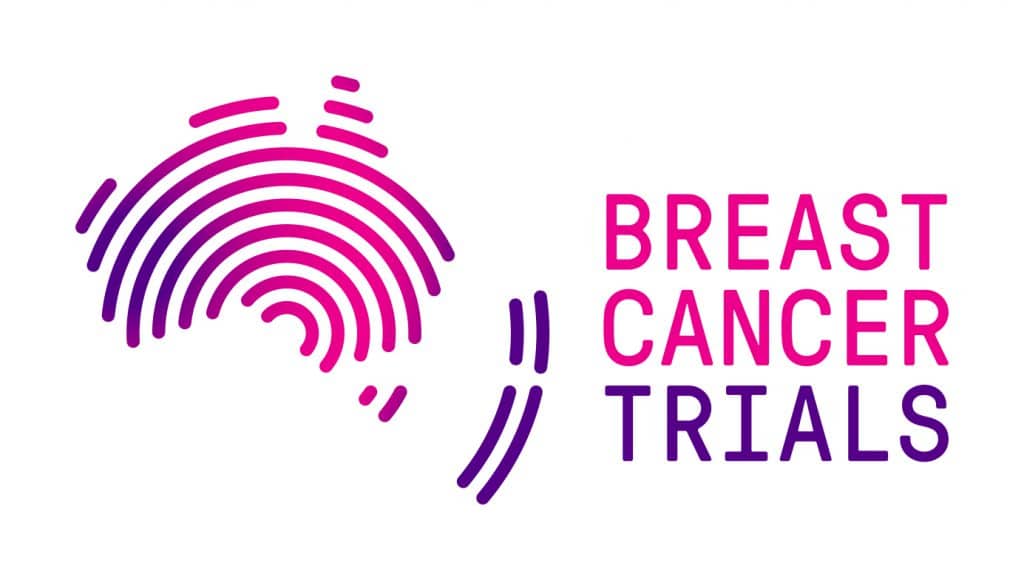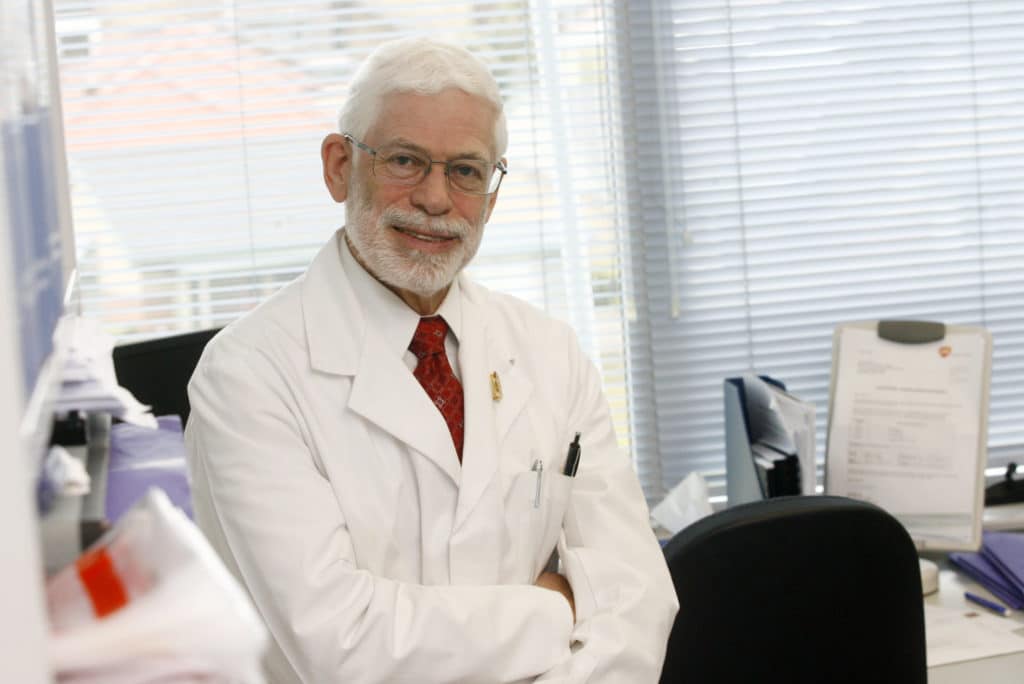Women from Australia & New Zealand Contribute to Breast Cancer Breakthrough
Results from the international ATLAS Study show that extending the use of tamoxifen from five years to 10 years reduces the risk of late breast cancer recurrence and improves survival rates for women with oestrogen receptor (ER) positive breast cancer.
The results were presented at the 2012 CTRC-AACR San Antonio Breast Cancer Symposium and published in the Lancet.
The Adjuvant Tamoxifen – Longer Against Shorter (ATLAS) Study examined whether a longer duration of tamoxifen therapy would result in a further benefit for women with ER-positive invasive breast cancer. Treatment with endocrine therapy, usually tamoxifen or an aromatase inhibitor, reduces breast cancer recurrence and mortality. Traditionally, the recommended duration of endocrine therapy has been 5 years.
The ATLAS Study is led by Dr Christine Davies from the University of Oxford, United Kingdom, and recruited 6,846 women with hormone receptor-positive breast cancer from 36 countries between 1996 and 2005.
In Australia and New Zealand the ATLAS study is coordinated by the Australia and New Zealand Breast Cancer Trials Group (ANZBCTG) and 784 women participated in ATLAS across 32 institutions. Of these, 608 women had ER-positive breast cancer.
Professor John Forbes AM is the ANZBCTG Director of Research and Study Chair for the ATLAS clinical trial in Australia and New Zealand. Professor Forbes said the ATLAS study found that continuing tamoxifen for 10 years rather than stopping at five years results in a significant reduction in breast cancer recurrence and hence a reduction in death due to breast cancer and a reduction in overall mortality. The greatest additional benefit from continuing tamoxifen to 10 years occurred during the second decade after diagnosis, after the extra treatment had been
completed.
During the second decade after diagnosis, women who had been allocated to continue tamoxifen treatment had a 25% lower recurrence rate and a 29% lower breast cancer mortality rate than the women who had been allocated to stop after only five years.
The cumulative risk of death from breast cancer during the years five to 14 after diagnosis was 12.2% among those allocated to continue versus 15.0% among those allocated to stop, an absolute reduction of 2.8%. Nearly all of this benefit was during years 10 to14 post-diagnosis.
“The current recommendation for women with ER-positive breast cancer is to stop tamoxifen treatment after five years. We already know that this is an excellent treatment that substantially reduces the 15-year risk of recurrence and death from ER-positive breast cancer. The ATLAS clinical trial confirms that 10 years of treatment with tamoxifen is even better, approximately halving breast cancer mortality during the second decade of diagnosis,” Professor Forbes said.
“I sincerely thank all researchers and women in Australia and New Zealand who participated in this important clinical trial. The results of ATLAS demonstrate just how important clinical trials research is to find the best treatment and prevention strategies and ultimately a cure for breast cancer.”
The ANZBCTG is Australia’s national organisation dedicated entirely to breast cancer research. It conducts a national clinical trials research program for the treatment, prevention and cure of breast cancer. The research program involves multicentre clinical trials and collaboration with almost 80 institutions and over 600 researchers throughout Australia and New Zealand. The ANZBCTG’s fundraising department is the Breast Cancer Institute of Australia.
For further information about the ANZBCTG and the Group’s clinical trials research program, visit www.anzbctg.org
Contact: Please note that Professor John Forbes will be in San Antonio during the presentation of the ATLAS Study results. To organize an interview with Professor Forbes, please contact Anna Fitzgerald, ANZBCTG Communications Manager, 0400 304 224 or 02 4925 5255.
Support Us
Help us to change lives through breast cancer clinical trials research

